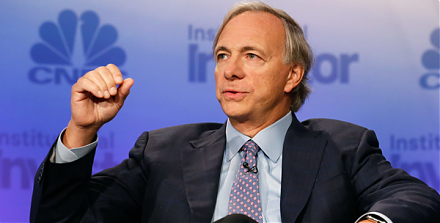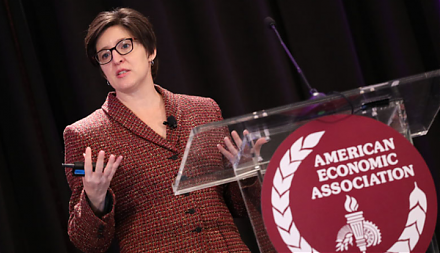

2018-04-29 13:44:00 Sun ET
technology social safety nets education infrastructure health insurance health care medical care medication vaccine social security pension deposit insurance

World Bank economists George Psacharopoulos and Harry Patrinos investigate 1,120 studies across 139 countries to derive an average annual rate of return on each marginal increase in the basic level of educational attainment. This 8.8% pay premium far exceeds the U.S. stock market return about 5.6%-6% per annum over the past 5 decades. The pay premium excludes social gains such as positive social interactions and low mortality rates in close association with better education. Also, the pay premium is higher for girls and college graduates (in direct comparison to postgraduates). This premium is higher in low-income countries primarily as these countries recruit a smaller share of international citizens with higher education.
In accordance with the law of lower marginal value, this pay premium dwindles for each extra year of educational attainment. Psacharopoulos and Patrinos posit a current race between education and technology. This race suggests that high-tech advances accelerate to favor high-skill workers to the detriment of low-skill workers. The normative implication for public policy is that the government should subsidize college education or even graduate school attendance. This subsidization serves as a worthy socioeconomic investment in human capital.
If any of our AYA Analytica financial health memos (FHM), blog posts, ebooks, newsletters, and notifications etc, or any other form of online content curation, involves potential copyright concerns, please feel free to contact us at service@ayafintech.network so that we can remove relevant content in response to any such request within a reasonable time frame.
2019-04-25 09:35:00 Thursday ET

Bridgewater hedge fund founder Ray Dalio suggests that the current state of U.S. capitalism poses an existential threat for many Americans. Dalio deems the
2019-03-19 12:35:00 Tuesday ET

U.S. tech titans increasingly hire PhD economists to help solve business problems. These key tech titans include Facebook, Amazon, Microsoft, Google, Apple,
2018-10-25 10:36:00 Thursday ET

Trump tariffs begin to bite U.S. corporate profits from Ford and Harley-Davidson to Caterpillar and Walmart etc. U.S. corporate profit growth remains high a
2019-02-01 15:35:00 Friday ET

Our proprietary alpha investment model outperforms the major stock market benchmarks such as S&P 500, MSCI, Dow Jones, and Nasdaq. We implem
2026-01-31 10:31:00 Saturday ET

In recent years, several central banks conduct, assess, and discuss the core lessons, rules, and challenges from their monetary policy framework r
2020-10-20 09:36:00 Tuesday ET

Agile lean enterprises remain flexible and capable of reinvention in light of new megatrends such as digitization and servitization. Shane Cragun and Kat